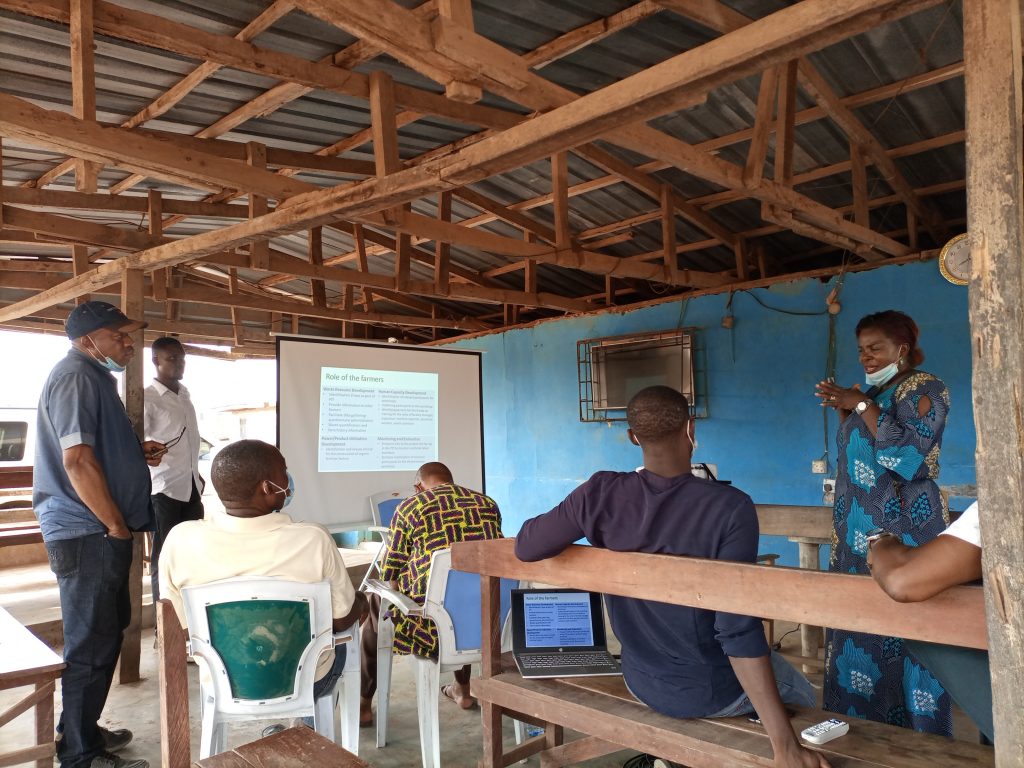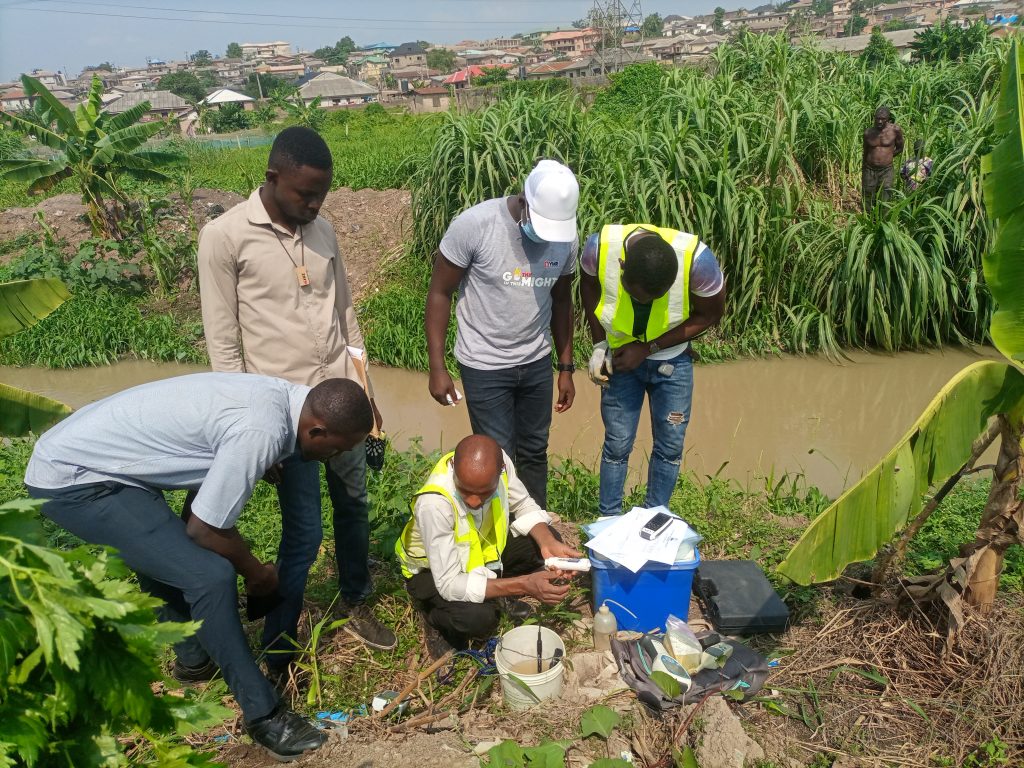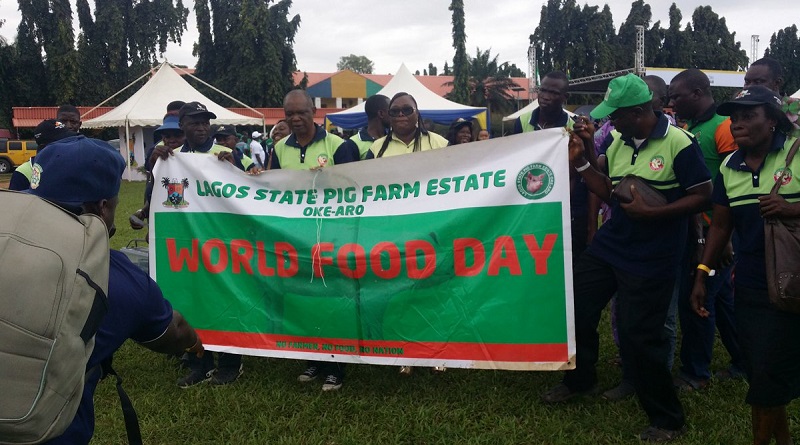Sustainable development is a major focus of SRADev Nigeria largely involves community development. We believe that a sustainable community can persist over generations, enjoying a healthy environment, prosperous economy, and vibrant civic life. It does not undermine its social or physical systems of support. Rather, it develops in harmony with the ecological patterns it thrives in.
SRADev Nigeria’s focus and understanding of a sustainable community is one that, acknowledges that economic, environmental, and social issues are interrelated and that these issues should be addressed “holistically.” Recognizes the sensitive interface between the natural and built environments. Understands and begins to shift away from polluting and wasteful practices. Considers the full environmental, economic, and social impacts/costs of development and community operations.
SRADeV Nigeria’s Waste to Energy Pilot Project in Oke-Aro Pig Farm Estate, Lagos State.
A pilot waste-to-resource project that will convert swine dung to organic fertilizer and biogas is about to kick off at the Oke-Aro Pig Farm Estate (OPFE), the largest concentration of pig farmers in West Africa, established by the Lagos State government through the Ministry of Agriculture.
The project being executed by SRADEV Nigeria aims at preparing a demonstration and feasibility model on the utilization of piggery waste for biogas generation, production of organic fertilizer, product marketing, and employment creation. Specifically, the project will operationalize the utilization of piggery waste for biogas generation, production of organic fertilizer towards increased economic empowerment of pig farmers for improved public health. Other benefits of the project will include: generation of 1.5-2.0 tons (30-40 bags of 50kg) per day of organic fertilizer and cleaner biogas of about 7-10 cubic meter (m3); savings in waste management disposal cost of about N20,000 monthly; increased awareness of 2,000 pig farmers on agro-waste sound management, biogas, and organic fertilizer production; employment and empowerment of at least 100 persons; over 2000 farmers will be provided with assess to off-grid energy solutions on long term through captive energy from biogas use at scale-up; it will lead to about 60% reduction in the odor/foul smell, rodents and fly nuisance and reduction by half disease and deaths of pigs associated with poor sanitation in the farm environment.

An inception meeting kick-started the project in January 2021, where the executive members of the association were debriefed on the timeline, objectives, and project deliverables. The role of the association in the success of the project was also identified at this meeting which they all agreed to. As a baseline assessment, the water, soil air, and noise tests were done to know the environmental situation of the farmland. A Survey of the socio-economic impact of the farmland has also been carried out through face-to-face questionnaire administration to the farmers. A consultative meeting has also been held with the local consultants fabricating the organic fertilizer and biogas machines. The two consultants gave a detailed presentation on how the machines will work and what amount of waste will be needed. The next phase of the project is the inception workshop scheduled to hold before the end of March 2021.

Social and technical derivative from the 15-month project will include undertaken technical training for increasing capacity to 50% of piggery farmers, One small‐scale locally fabricated biogas digester is constructed for demonstration, One 90% of small scale locally fabricated organic fertilizer plant is constructed to function daily and to ensure increased community strengthening and capacity of the private sector, and government to utilize ‘waste to energy’ and ‘waste to wealth’ programs.

